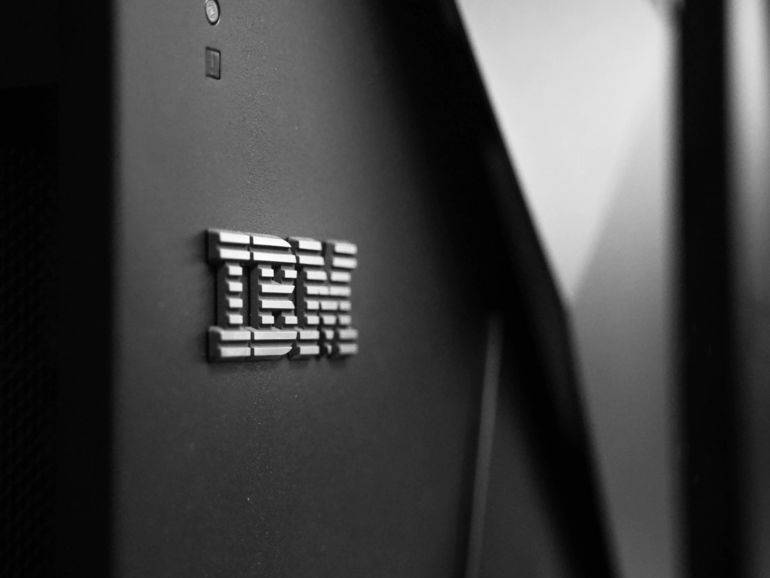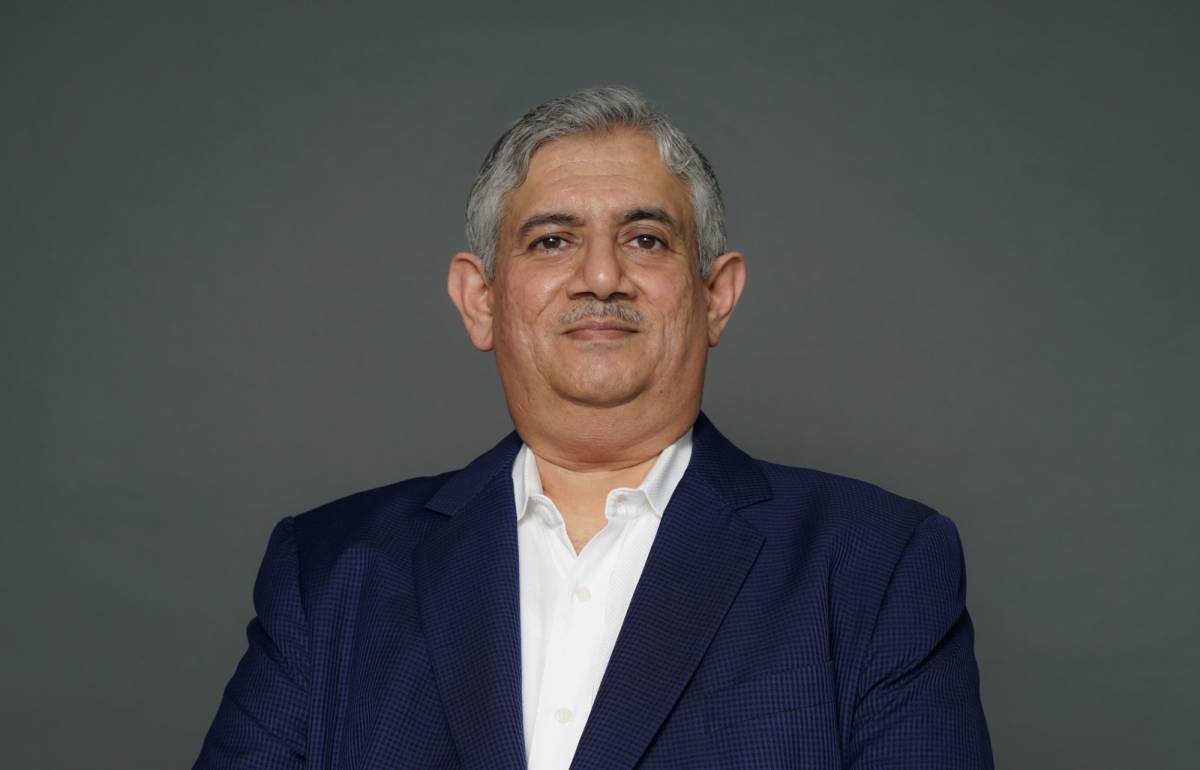IBM Cloud Satellite is a unifying layer of cloud services, available across all locations, to offer businesses high levels of control over critical data delivered via IBM Cloud, regardless of where their data resides…writes Nishant Arora
As Indian organisations of all sizes fasten their journey to digital transformation, they will need a Hybrid Cloud infrastructure that is open by design, avoids vendor lock-in and affords seamless interoperability and portability between environments. Here, IBM is their natural choice as “Hybrid Cloud is our contribution to the world”, said Sandip Patel, Managing Director, IBM India/South Asia.
In a free-wheeling interview with IANS, Patel said that as organisations progress their hybrid and multi-cloud journeys, their focus will shift towards determining which workloads go where.
“Pick any private bank in India. It will have Office 365 delivered through Microsoft Azure Cloud. Then they have some applications like HR, payroll, CRM/ERP and other standard operations on AWS or Google Cloud or some other provider. To achieve synergies and efficiencies across operations, it will probably have a Private Cloud that covers treasury operations, etc. This collectively is the bank’s Hybrid Cloud infrastructure,” explained Patel.
For Hybrid Cloud, “IBM has always been the leader,” he added.
The company last year launched IBM Cloud Satellite to boost its Hybrid Cloud ambition in the country.
IBM Cloud Satellite is a unifying layer of cloud services, available across all locations, to offer businesses high levels of control over critical data delivered via IBM Cloud, regardless of where their data resides.

According to Patel, the Indian enterprises are evaluating the migration of more mission-critical, complex workloads as they embrace modernisation.
“In the year ahead, they will need to take inventory of their IT environments to select which workloads and applications are best suited for the cloud and which should remain on-premises,” he emphasised.
IBM is working with Parle, the largest selling biscuit brand in India, to help it more quickly and effectively bring its products to market by leveraging IBM Cloud.
Bangalore International Airport Limited is working with the company and its spin-off Kyndryl to create a new “Airport in a Box” platform that will support transforming the end-to-end travel experience for passengers.
Patel said that on 5G, IBM is totally aligned with the government’s vision.
Last week, IBM and Bharti Airtel partnered to deploy Airtel’s edge computing platform in India, which will include 120 network data centres across 20 cities.
Airtel’s edge computing platform, deployed as a hybrid environment based on IBM Cloud Satellite and Red Hat OpenShift, extends secured and open cloud services wherever data resides.
“As enterprises in India increasingly work with hybrid infrastructure to meet evolving customer demands, workloads and applications, it will be imperative to leverage hybrid cloud investments, including edge computing capabilities. This requires the support of technology partners to provide flexible cloud solutions that extend across multiple sites and networks,” said Patel.
For him, technology connects businesses, societies, communities, customers and people.
“This is going to be more relevant now in India’s Techade. We are 100 per cent aligned to the Digital India mission and we are here to make it a reality. We are here to ‘Make in India’ for India and for the world,” Patel told IANS.
IBM, one of the oldest tech companies, entered a new digital era in the pandemic in November 2021 with spinoff of its managed infrastructure business as a new entity called Kyndryl, for which India is a big growth market.
“The spinoff has given us a sharper focus to align our energies in a better and seamless way in India,” said Patel.

